Key Differences Between Duties and Taxes: What You Need to Know

Introduction
Understanding the differences between duties and taxes is crucial for individuals and businesses involved in international trade. While both involve financial obligations imposed by governments, they serve distinct purposes and have varying implications.
Definition of Duties
Duties, also known as tariffs or customs duties, are fees imposed on imported or exported goods by customs authorities. These charges are based on the value or quantity of the products being traded and are designed to regulate trade flows and generate revenue for the importing country.
Definition of Taxes
Taxes encompass a broader range of financial levies imposed by governments on individuals, businesses, and transactions within their jurisdiction. In addition to income and property taxes, taxes may include value-added tax (VAT), goods and services tax (GST), and excise duties.
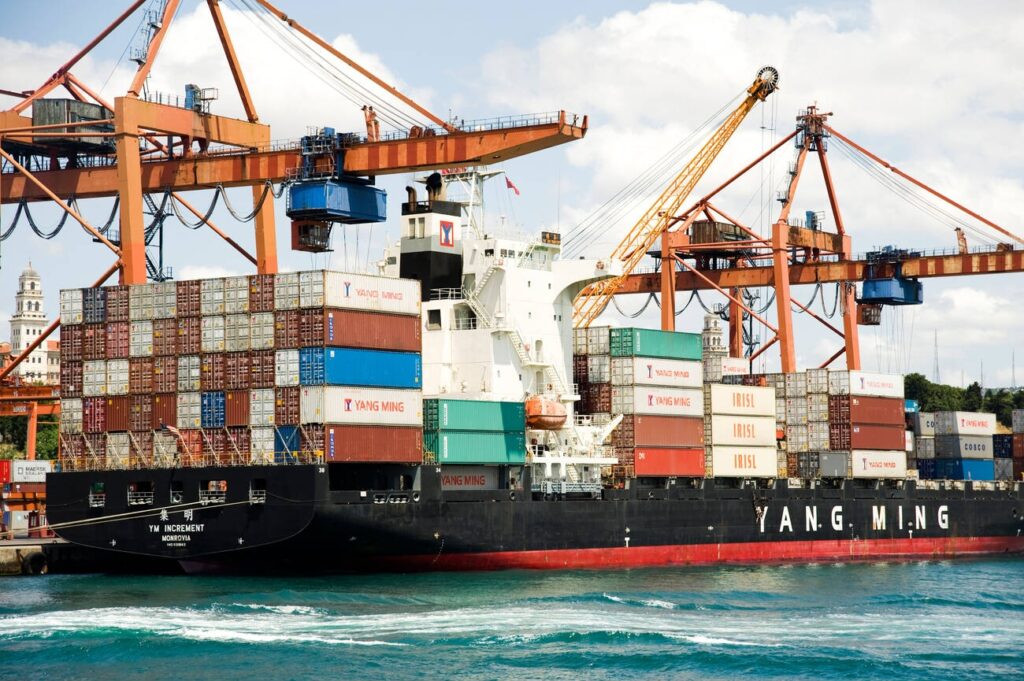
Nature of Obligation
Duties represent specific fees levied on goods crossing international borders, primarily to regulate trade and protect domestic industries. Taxes, on the other hand, encompass a broader scope of financial obligations imposed on various activities and individuals within a country’s jurisdiction.
Imposition Authority
Duties are typically imposed by customs authorities or government agencies responsible for regulating international trade. Taxes, including VAT and GST, are imposed by national or regional tax authorities to fund government expenditures and public services.
Purpose of Collection
The primary purpose of collecting duties is to regulate trade flows, protect domestic industries, and generate revenue for the government. Taxes serve various purposes, including funding public infrastructure, social welfare programs, and government operations.
Applicability to Businesses
Duties directly impact businesses engaged in international trade by increasing the cost of imported goods and affecting profit margins. Taxes, such as VAT and corporate income tax, apply to a broader range of business activities, including sales, operations, and profits.
Financial Implications
Duties can significantly affect a company’s bottom line by increasing the cost of imported goods and reducing profit margins. Taxes, including VAT and corporate income tax, also impact financial performance by affecting sales revenue and profitability.
Compliance Requirements
Businesses must comply with customs regulations and tax laws to avoid penalties, fines, and legal consequences. Ensuring accurate documentation, proper valuation of goods, and timely payment of duties and taxes are essential for maintaining compliance and minimizing risks.
Importance of Understanding
Understanding the distinctions between duties and taxes is essential for businesses engaged in international trade. By comprehending these differences and their implications, businesses can navigate regulatory requirements more effectively and optimize their financial strategies.
Conclusion
In conclusion, understanding the key differences between duties and taxes is essential for individuals and businesses engaged in international trade. While both represent financial obligations imposed by governments, they differ in nature, authority, purpose, and applicability. By comprehending these distinctions and adhering to compliance requirements, businesses can mitigate risks, optimize financial outcomes, and maintain competitiveness in the global marketplace.
FAQs
Are duties and taxes the same thing?
No, duties refer specifically to fees imposed on imported or exported goods, while taxes encompass a broader range of financial obligations imposed by governments.
How do duties and taxes impact business operations?
Duties can increase the cost of imported goods, affecting profit margins, while taxes, such as VAT and corporate income tax, impact financial performance and compliance requirements.
What are some examples of duties and taxes?
Duties include customs duties or tariffs imposed on imported goods, while taxes may include VAT, GST, corporate income tax, and excise duties.
How can businesses minimize the impact of duties and taxes?
Businesses can explore strategies such as utilizing free trade agreements, optimizing supply chain processes, and implementing tax planning strategies to minimize duty and tax liabilities.
What are the consequences of non-compliance with customs regulations and tax laws?
Non-compliance can result in penalties, fines, goods seizures, and legal action, adversely affecting business operations and finances.
How often do customs regulations and tax laws change?
Customs regulations and tax laws may undergo frequent changes due to evolving trade policies, legislative updates, and international agreements. Businesses must stay informed about these changes to maintain compliance and adapt their strategies accordingly.
Recent Posts
- Budget-Friendly Imports: Strategies for Cost Control When Importing Goods From China
- Bridging Cultures: Navigating Cultural Aspects in China Imports
- Guide to working with a sourcing agent in China for startups
- How China Sourcing Agents Can Transform Your Business
- Exploring the Benefits of Collaborating with a China Sourcing Agent
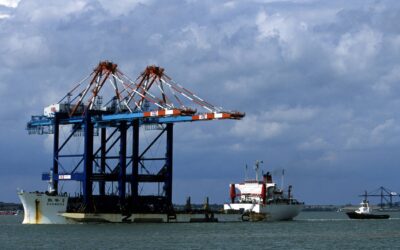
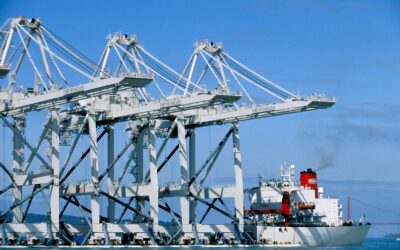
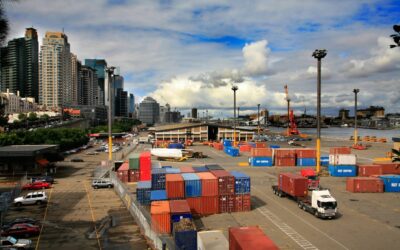


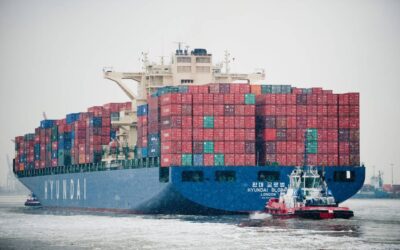

Recent Comments